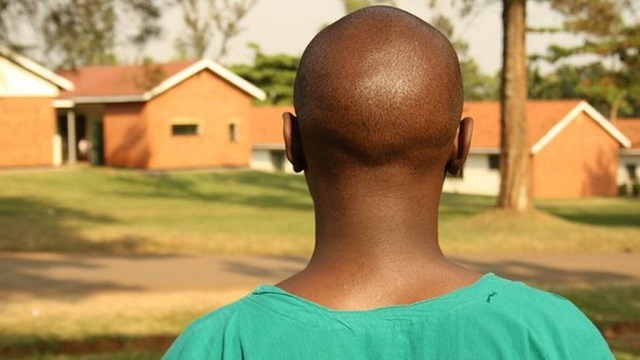
Government should prioritize mental health services as most young people in the country are exposed to mental illnesses
Gulu, Uganda | THE INDEPENDENT | Mental health patients in health facilities across Acholi sub region are paying a heavy cost for treatment due to drug stockouts.
By Friday last week, 80 patients had turned for treatment at Gulu Regional Referral Hospital Mental Unit and 22 were admitted. However, the majority of patients were referred to buy essential medicine from private pharmacies for their treatment. The hospital receives between 60 and 70 new cases monthly, 90% of them being men who present with alcohol and other substance abuse.
Dr. Charles Eyoung, the Psychiatrist Doctor at the Mental Health Unit disclosed to URN in an interview that the hospital has run out of the essential drugs. These include among others phenytoin which controls seizures in patients with epilepsy and naltrexone that is used in the treatment of post-traumatic disorder and alcohol abuse. Dr. Eyoung explains the hospital has no choice other than to refer patients to private pharmacies to buy the drugs.
He revealed that the minimum cost of treating a patient with a mental health condition costs between Shillings 60,000 and Shillings 365,000 a month. “The people we see on the street with complete loss of contact with reality could have been avoided but drugs are expensive for the poor to afford,” Dr. Eyoung explained. The hospital director Dr. James Elima has acknowledged the gaps in service delivery at the mental health unit amidst a surge in the number of patients.
He attributes the resurgence of mental illness in the region to post traumatic disorder which arose from the decades of war between the Lord Resistance Army and the government forces. Dr. James Elima says that they often budget for Shillings 2.6 billion for purchase of the essential medicines but only get Shillings 1.4 billion, which he says is inadequate. He revealed that the hospital has proposed an increment of funding to the Mental Health Department from 5 to 10 % in the next financial year.
Some of the families who spoke to Uganda Radio Network described the mental health sector as a neglected area compared to other sectors in health care. Sunday Ajok, a resident of Kasubi and mother of a 20-year-old daughter who has battled mental illness from her infancy, says that she sold off her only three plots of land to raise money for treating her child in vain.
Ajok explained that the Shillings 10 million she raised from the sale of land was all spent on the services of traditional herbalists before she turned to the hospital only to find that the drugs are still not available. “I have lost all my livelihood because I must closely attend to her but nothing has changed yet at the age of 20, I still feed her like a baby,” Ajok said.
Tamali Atim, the elderly sister of a 35 year old man who developed a mental disorder at 8 years of age says that her family spends Shillings 5,000 daily to buy drugs from private pharmacies. She has equally asked the government to provide livelihood support to the families of mental health patients and provide drugs in the lower health facilities.
Derrick Kizza, the Executive Director Mental Health Uganda has advised the government to prioritize mental health services, saying that most of the young people in the country are exposed to mental illnesses. “When the Ministers and many of the government officials secretly tell you that my brother, look, some of my children are battling with the condition, then that tells you that it’s not the issue of only the ordinary people that the government must deal with” Kizza added.
The most common mental health condition in Acholi sub region is bipolar, which presents with mood swings, depression, post-traumatic disorders and anxiety among others.
*****
URN
 The Independent Uganda: You get the Truth we Pay the Price
The Independent Uganda: You get the Truth we Pay the Price


